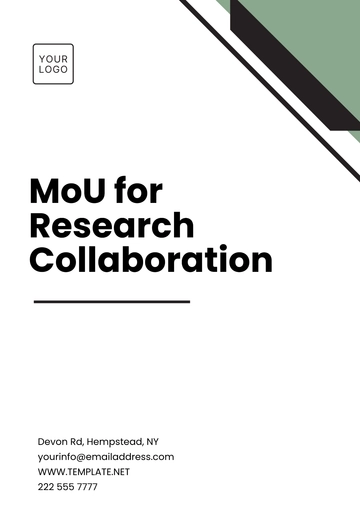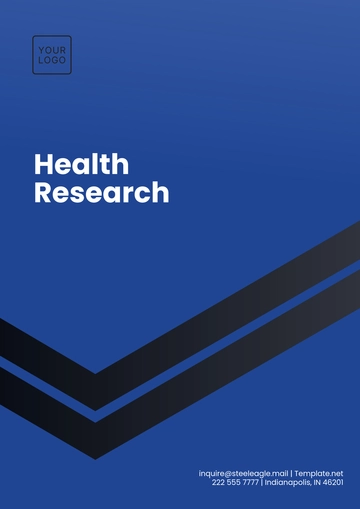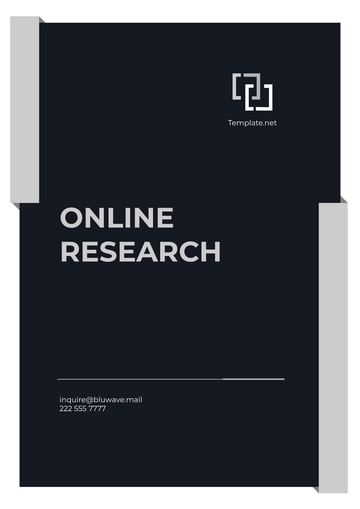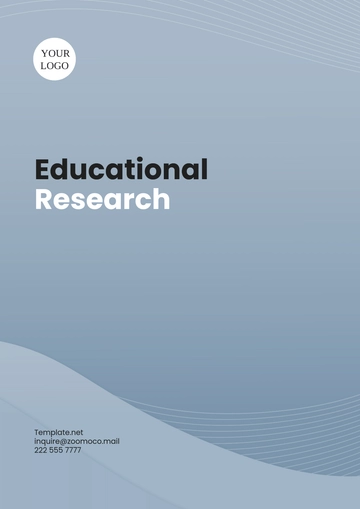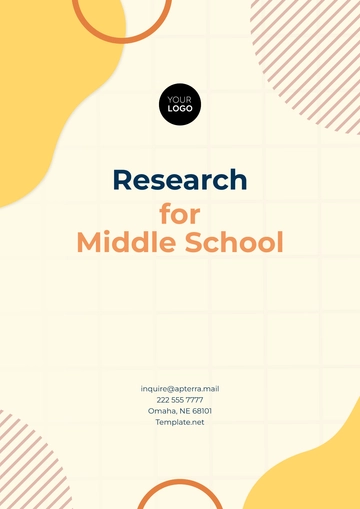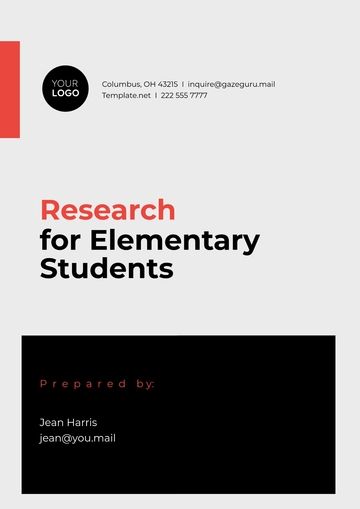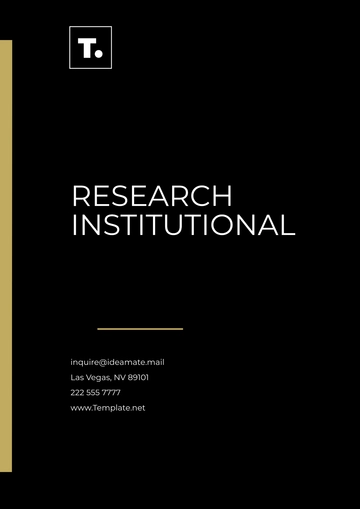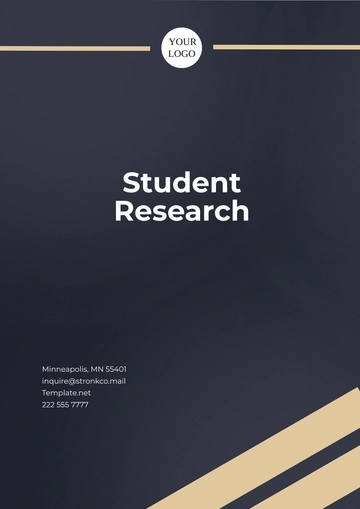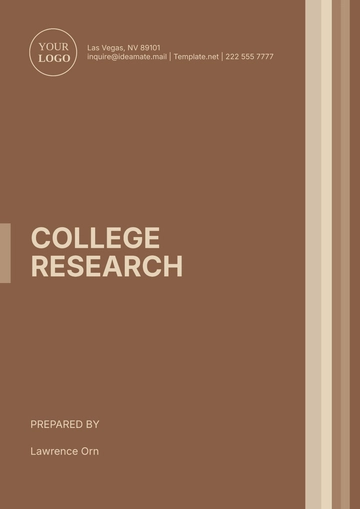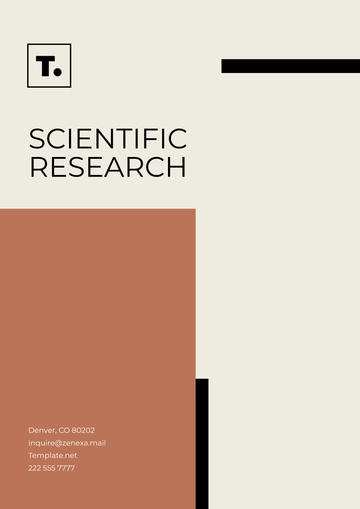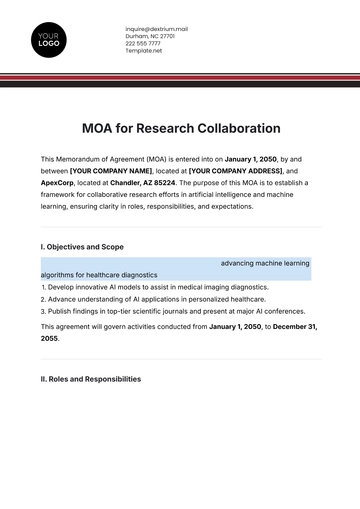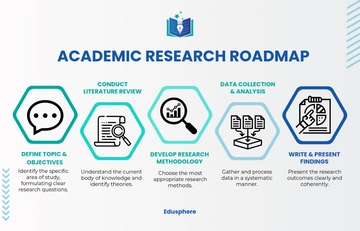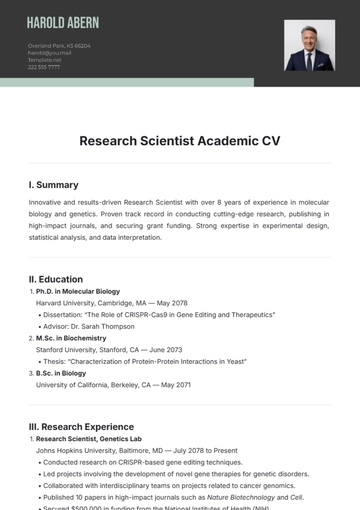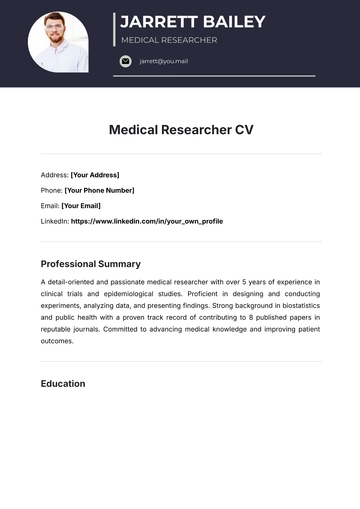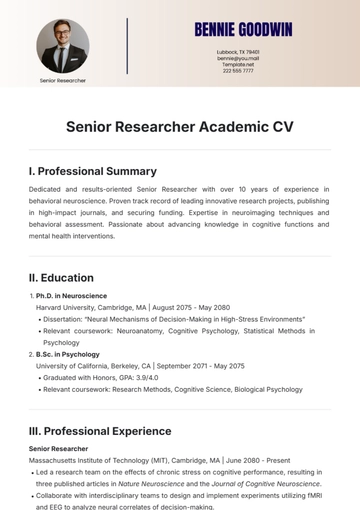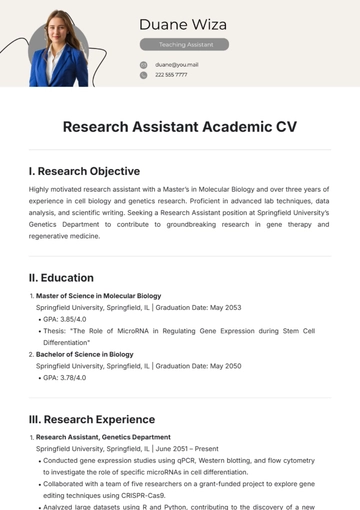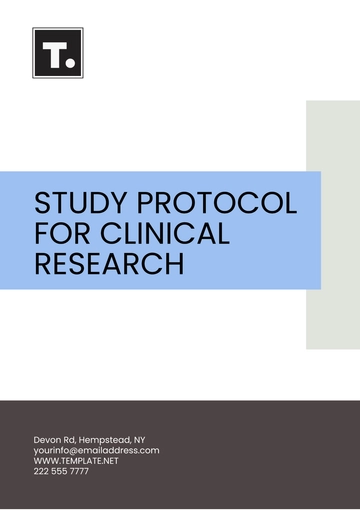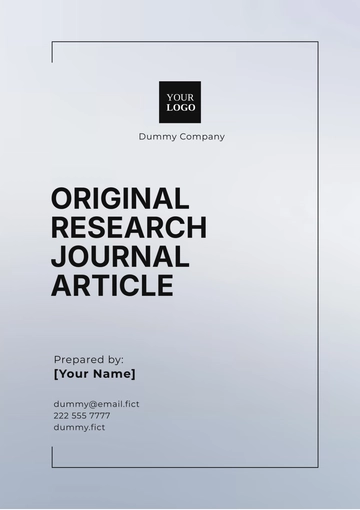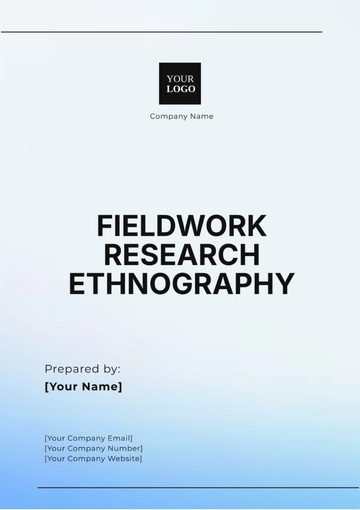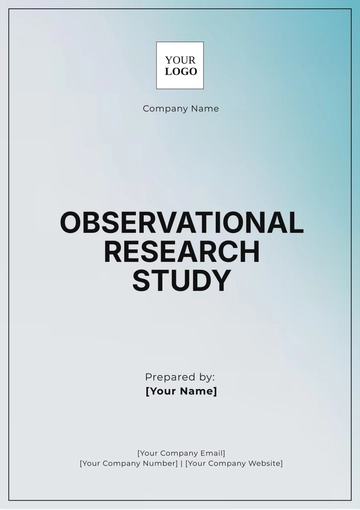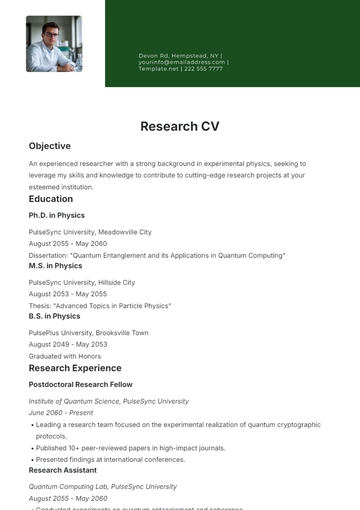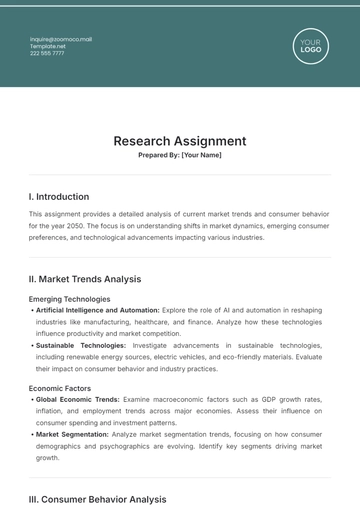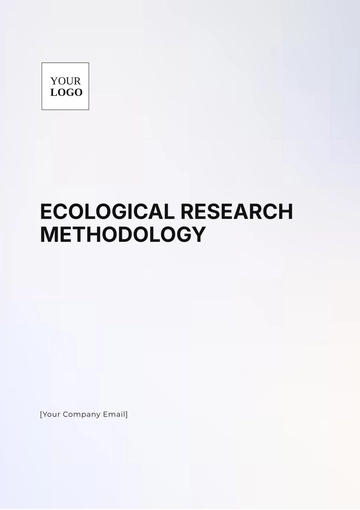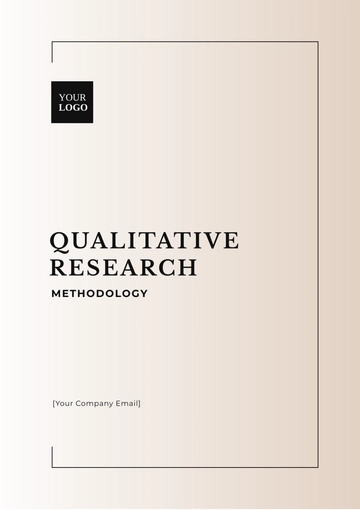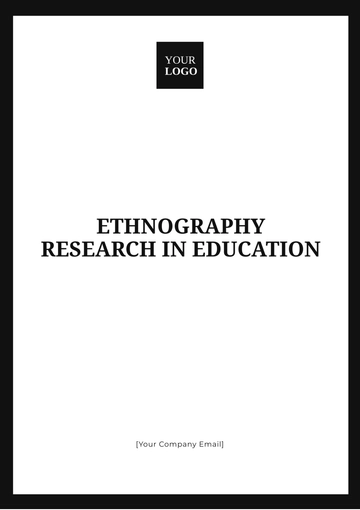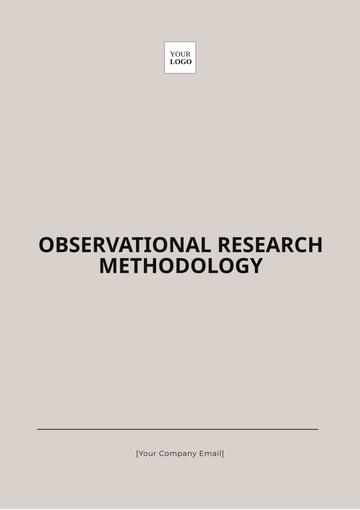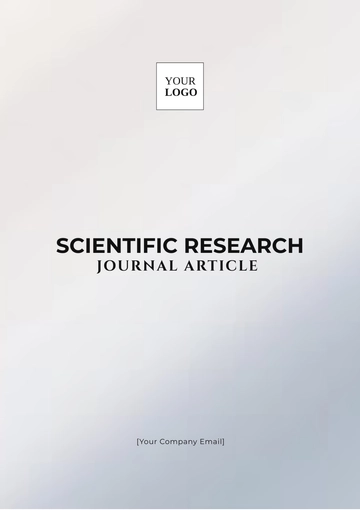Free Humanities Research
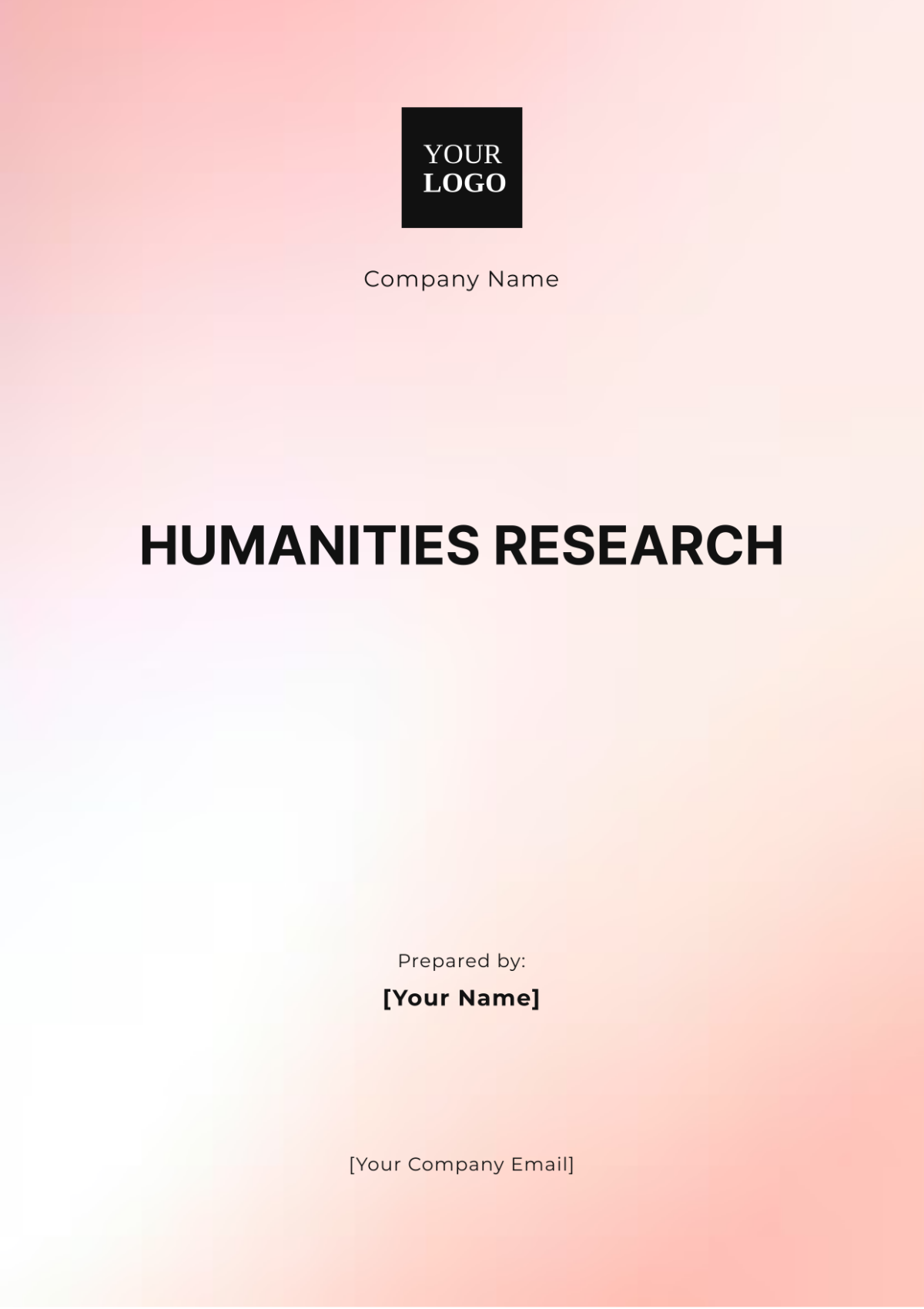
1. Research Title
Exploring the Impact of Digital Media on Modern Literary Analysis
2. Researcher Information
Field | Details |
|---|---|
Name | [Your Name] |
[Your Email] | |
Affiliation | Department of Humanities, [University Name] |
Address | [Your Address] |
3. Abstract
This research investigates how digital media has influenced literary analysis in the 21st century. By examining the integration of digital tools in academic practices and the shift in critical methodologies, the study highlights the transformation in literary studies and its implications for future scholarship.
4. Introduction
The advent of digital media has brought significant changes to various academic fields, including literary analysis. This study aims to explore how these technological advancements have altered traditional methods of literary critique and analysis, and to evaluate their impact on the field.
5. Literature Review
Previous studies have addressed the rise of digital humanities and its influence on research methodologies. Key theories include the integration of digital tools in textual analysis and the impact of online platforms on literary dissemination. Despite these advancements, gaps remain in understanding the full extent of digital media's impact on critical practices.
6. Methodology
This research employs a mixed-methods approach, combining qualitative and quantitative analysis. Data was collected through surveys of academic practitioners and analysis of digital tools used in literary studies. The findings were evaluated to determine trends and shifts in research practices.
7. Findings
The research reveals a significant increase in the use of digital tools for literary analysis, with notable changes in methodological approaches. Digital platforms have facilitated greater access to texts and fostered new forms of academic collaboration. However, challenges remain in integrating these tools effectively within traditional frameworks.


8. Discussion
The findings suggest that digital media has profoundly influenced literary analysis, introducing both opportunities and challenges. The integration of digital tools has enhanced access to resources and broadened the scope of analysis, but has also raised questions about the preservation of traditional scholarly practices and standards.
9. Conclusion
Digital media has reshaped literary analysis by providing new tools and methodologies. While this transformation offers exciting possibilities for future research, it is crucial to balance technological advancements with the preservation of established academic traditions.
10. References
Author(s) | Title | Publisher | Year | Journal | Volume/Issue | Pages |
|---|---|---|---|---|---|---|
Smith, J. | Digital Humanities: The New Frontier | Academic Press | 2052 | |||
Jones, A. & Roberts, K. | “The Impact of Digital Tools on Literary Critique” | 2051 | Journal of Modern Literature | 45(3) | 123-145 | |
Lee, C. | Navigating the Digital Landscape in Literary Studies | University Press | 2053 |
11. Appendices
Appendix | Description |
|---|---|
Appendix A | Survey Questionnaire |
Appendix B | Data Tables |
Appendix C | Additional Charts and Graphs |
- 100% Customizable, free editor
- Access 1 Million+ Templates, photo’s & graphics
- Download or share as a template
- Click and replace photos, graphics, text, backgrounds
- Resize, crop, AI write & more
- Access advanced editor
Need a comprehensive structure for your humanities research? Utilize our editable Humanities Research Template from Template.net. Customize it in our AI editor tool to include sections like literature review, theoretical framework, analysis, and conclusions. Develop a well-organized and insightful research paper that explores human culture, history, and artistic expression. Get yours now.
